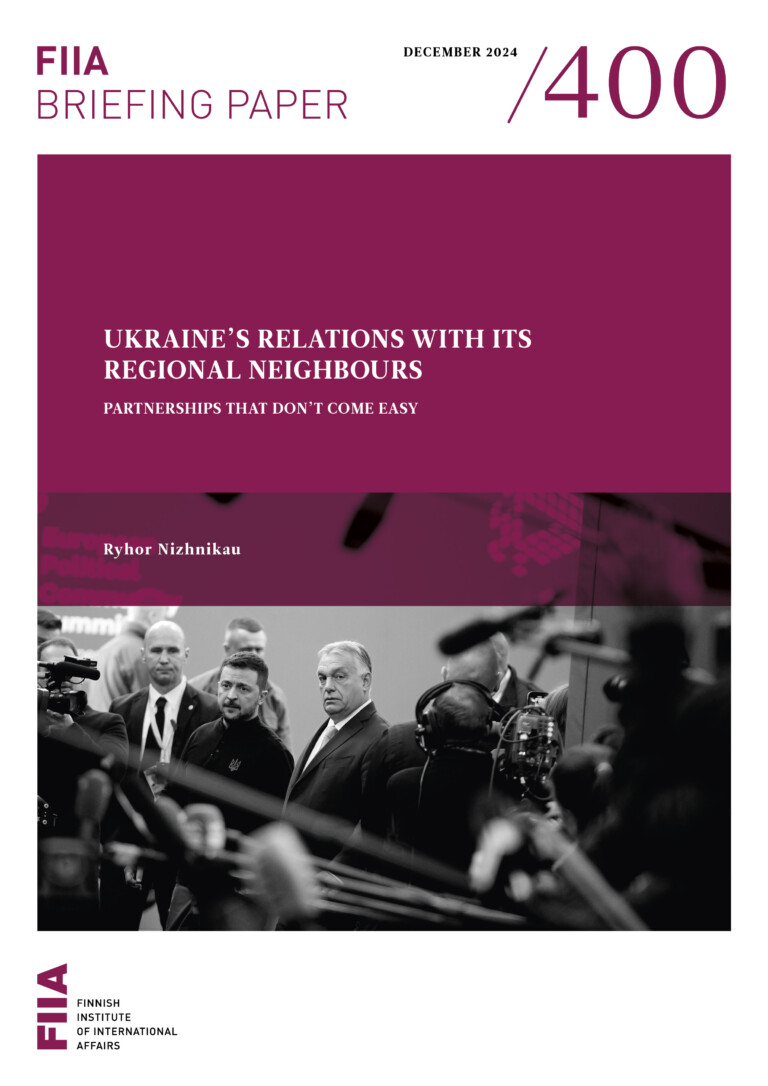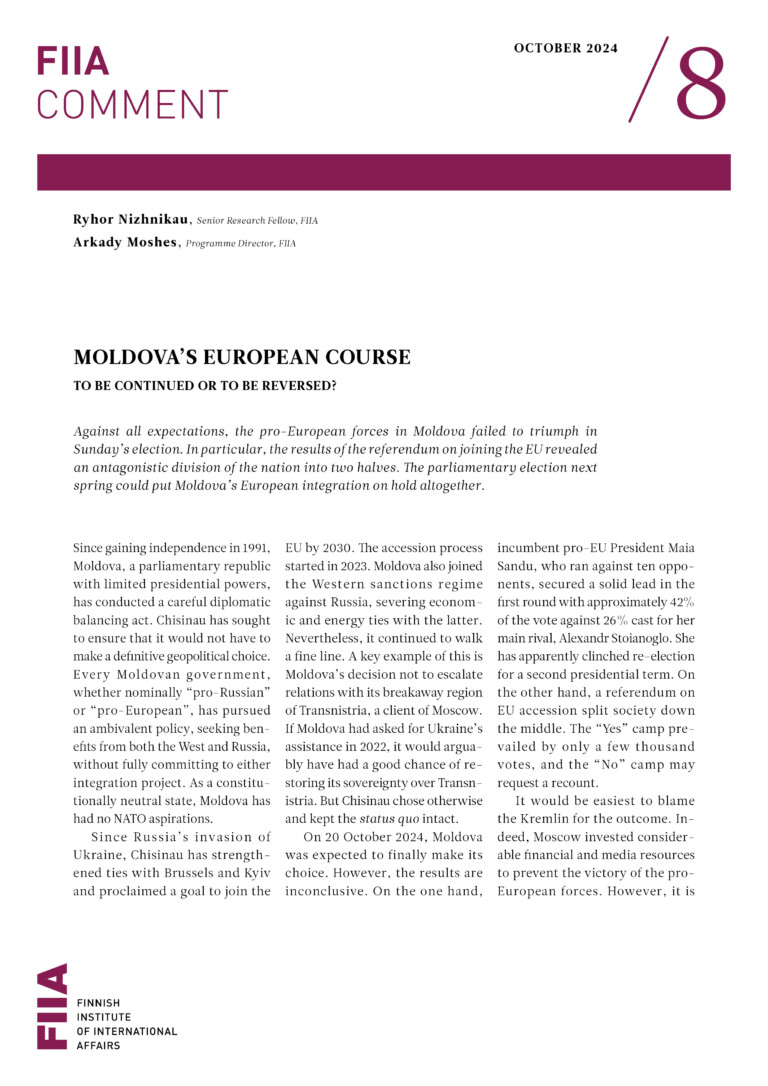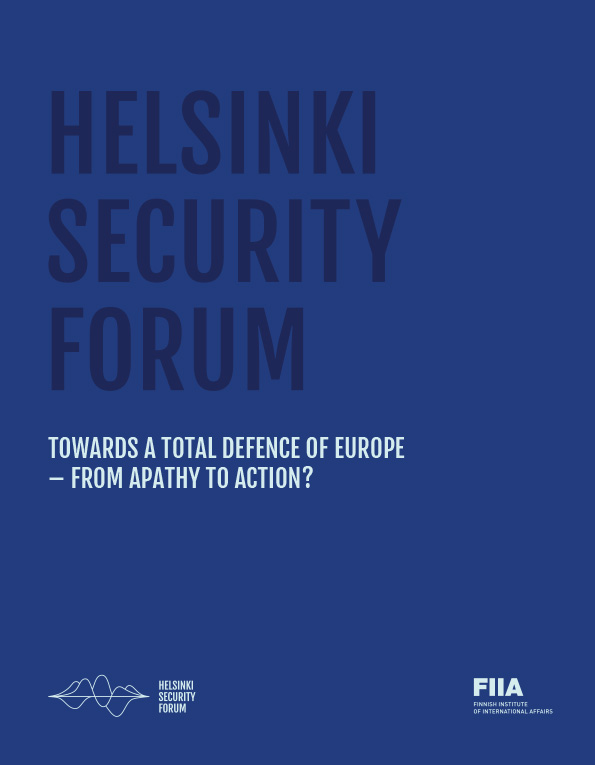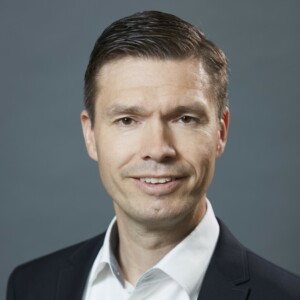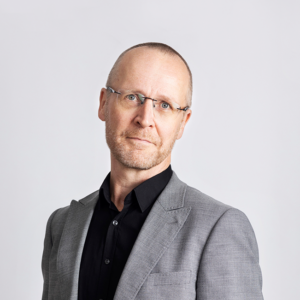The APEC summit in Vladivostok is designed to emphasize just how much today’s Russia aspires to become a recognized Pacific power. But the context in which the summit will be held only serves to highlight the challenges to which Russia is and will be exposed both generally and specifically.
The need to pay greater attention to Russia’s Far Eastern territories has been recognized by the country’s political leadership for a long time. On the positive side, as President Vladimir Putin wrote during his electoral campaign in February 2012, Russia should seek to “catch China’s winds” in its “economic sails”.
As far as the disconcerting side is concerned, in August 2012 Prime Minister Dmitry Medvedev underlined the task of protecting the region against the spread of people from the “neighbouring states”. In Medvedev’s cabinet, for the first time in Russian post-Soviet history, there is a special Ministry for the Development of the Russian Far East, which is apparently a bureaucratic offshoot of previous plans to set up a state-owned economic corporation for the same purpose.
Not that the risk of secession of the Far East would be imminent. However, Moscow can hardly afford to ignore either the economic gravity of China or the resentment which the local population expresses when it feels that its interests are not being taken into account by the federal centre. Many still recall December 2008, when riot police units had to be flown to Vladivostok from Moscow to quell massive protests. Surely it would be much more preferable for the authorities if this energy could be directed towards implementing the “Pacific Russia” project. Hence the interest in branding the Far East as another glorified façade instead of a forgotten periphery.
The Asia-Pacific Economic Cooperation summit (APEC; a forum to promote sustainable growth and prosperity in the region with a membership of 21 economies), which Russia is hosting in the first week of September 2012 in that same Vladivostok, is conceived as a key element in this process of rediscovering the Far East. Enormously expensive – it cost 22 billion US dollars, which is ten times more than the Vancouver Olympics – the event is designed to emphasize just how much today’s Russia aspires to become a recognized Pacific power.
But whereas Moscow’s intentions are logical and legitimate, the capability of Putin’s system to realize them remains in doubt. The context in which the summit will be held only serves to highlight the challenges to which Russia is and will be exposed both generally and specifically.
To start with, Vladivostok’s infrastructural preparations for the summit appear to be a continuous chain of disasters and scandals, which stands as a painful reminder of Russia’s notorious corruption or its dangerous incompetence.
A bridge across the Golden Horn Bay, constructed as a landmark of the summit, suffered a fire in December 2011. It was officially inaugurated by Dmitry Medvedev on July 2, 2012, only to be closed the next day for completion. It was finally opened to traffic – together with another bridge – on August 11, just in time to become an object of further criticism: the local police issued a statement saying that the traffic on both bridges is not safe and will only aggravate the city’s traffic jams.
Furthermore, in June 2012, a 750-metre stretch of a newly-built airport highway collapsed after heavy rainfall, damaging property and destroying a public beach. In addition, two five-star hotels have not been completed by the summit as planned. As a result of the long list of calamities, Governor Sergey Darkin resigned from his duties, which de facto means he was dismissed.
The major political shortcoming of the summit from the point of view of Russia’s interests was the failure to secure the participation of President Barak Obama. The pretext for Obama’s not attending was the ongoing presidential race in the US, but this is not wholly believable. The announcement, a clear signal of Washington’s frustration, came only after Vladimir Putin decided not to attend the G-8 summit in Camp David in May 2012.
The stakes, however, are not equal for the two states. Russia can only become a serious player in the Pacific if the US chooses to treat it as an important regional partner, which has not been the case so far, and to which end Obama’s non-attendance of the summit does not portend well. This concerns not only the challenging Russian-Chinese relations as such, but also prospects for the improvement of Russian-Japanese ties and some other issues.
Finally, as the years of preparation rolled on, it became self-evident that the Russian economic offer to the region remains very limited. Only when the price of oil and gas is high can Russia improve its trade balance with China. Thanks to this, in 2011 the gap narrowed to 13 billion dollars, whereas in 2010 the negative balance reached 19 billion, and for every dollar of Russian exports to China there were almost two dollars of Russian imports from China. Needless to say, in the Pacific, where such raw-material giants as the US and Australia hold sway, a solid economic presence requires more than the export of natural resources.
No doubt the current APEC summit will generate sufficient declarations and other diplomatic niceties. But most likely it will not have the desired effect for Moscow. Like the BRICS summits or the Shanghai Cooperation Organisation meetings hosted by Russia, Vladivostok will be a reminder that in today’s world the real international role of individual countries is not defined at top-level gatherings.
The recipe for a win-win situation in the Pacific region lies on the surface. Russia may simply study the experiences of many regional “tigers” and “dragons” who found it beneficial to change internally, to open themselves up to and guarantee the security of external investments, to liberalize the economy, to fight corruption, and to conceal – or completely eliminate – the anti-Western sentiment which some of them may have harboured in the past.
But, unfortunately, in Putin’s Russia, as we have come to know it in the last decade, such an outcome would be too much to expect.


